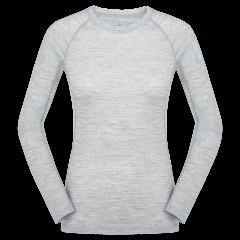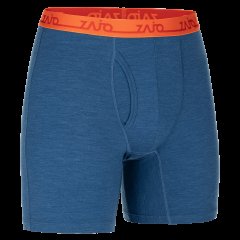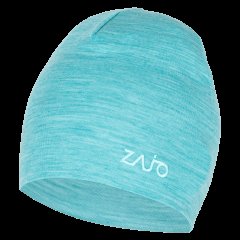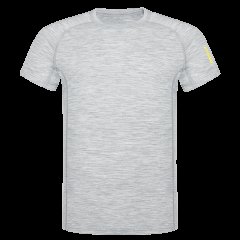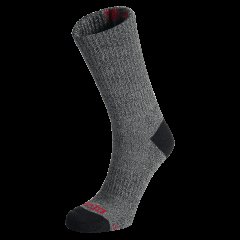In recent years, sustainability has become not only an important aspect of the textile industry, but even a top priority. Brands are looking for eco-friendly alternatives to traditional fabrics and manufacturers are looking for ways to reduce the environmental impact and impact of production.
TENCEL™ is a material that is one of the most renowned in the field of sustainable textile production. Developed by Austrian company Lenzing AG, it is extremely respected and sought after not only for the environmental aspect alone, but also because it can still offer superior functional properties with minimal impact on the environment.
The origin of TENCEL™ material
TENCEL™ is the trade name for a type of lyocell fibre. Lenzing AG first introduced TENCEL™ in the early 1990s as a sustainable alternative to traditional textile fibres. The production process involves the use of cellulose derived from sustainably sourced wood pulp. The company's processing and production uses a closed-loop principle in which almost all solvents and water used are recycled and reused, minimizing waste and thereby reducing environmental impact.
TENCEL™ material properties
As we have already mentioned, TENCEL™ is in demand not only because of its ecological aspect, but also because, with minimal environmental impact, it is a material with superior properties, as if made for (not only) outdoor clothing:
Softness: TENCEL™ fibres are very smooth and soft to the touch, often compared to silk or cashmere. This property makes clothing made of this material really comfortable to wear.
Breathability: TENCEL™ has superior properties in terms of its ability to wick moisture away from the skin to the outside. This is what makes it an excellent choice for activewear, but also for underwear or summer clothing.
Strength and durability: Despite its softness, TENCEL™ fibres are renowned for their strength and durability. TENCEL™ can withstand repeated use and laundering without clothing losing its shape or properties over time.
Environmentally friendly: TENCEL™ is considered to be one of the most environmentally friendly fibres. The manufacturing process requires much less water compared to cotton, for example, and the wood pulp used comes from sustainably managed forests. In addition, the closed-loop production system produces minimal waste and minimises the impact on water resources.
Versatility: TENCEL™ can be blended with other fibres such as cotton or wool to achieve very specific properties. It can also be added to different types of fabrics.





